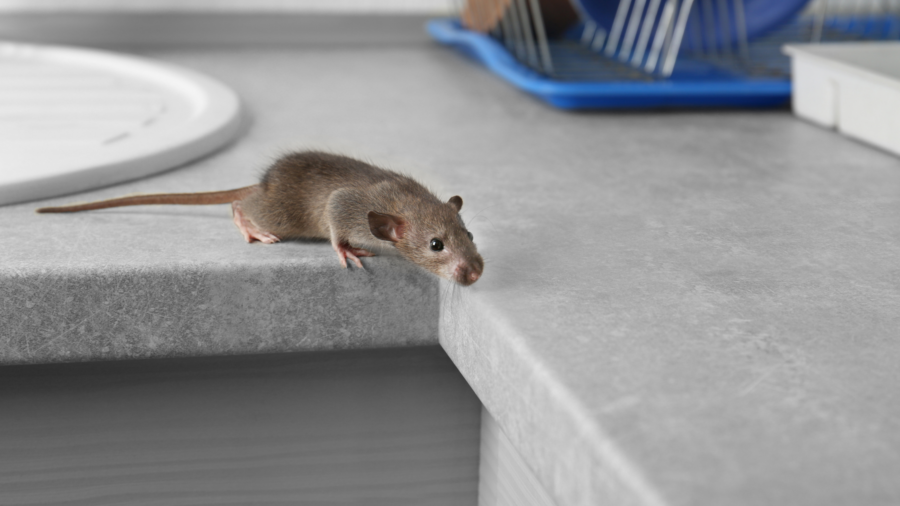READY TO GET STARTED?
REQUEST A FREE ESTIMATE
Fill out the form below or call (888) 466-7849 for a free, no-obligation estimate.

As winter sets in and temperatures drop, rodents begin looking for warmth, food, and shelter — often finding it inside homes. Many homeowners across Georgia experience an uptick in rodent issues during the colder months. This seasonal shift creates a heightened need for effective rodent control to protect your home from potential infestations. In this guide, we’ll cover why rodents are more likely to invade in winter, the types of rodents that commonly infest homes, and actionable tips to help you prevent future rodent issues.
Rodents, like all animals, seek a stable environment to survive through the colder months. When winter arrives, food and water sources become scarcer outdoors, pushing these creatures to find alternatives. Indoor spaces provide the warmth and shelter they need to survive. They often target areas like attics, basements, garages, and even kitchens where food and nesting materials may be available.
Common entry points for rodents include small cracks, holes, and gaps in walls, roofs, and foundations. Rats and mice can squeeze through surprisingly tiny openings, with mice needing only a quarter-inch gap to gain entry. Once inside, they multiply quickly, which is why a minor rodent issue can turn into a full-blown rodent infestation if not addressed promptly.
In Georgia, the most common types of rodents that invade homes in winter are:
Each type poses unique challenges and can cause extensive damage to a home’s structure, wiring, insulation, and more if left unchecked. Understanding the kinds of rodents prevalent in Georgia can help you recognize their presence sooner and take action.
Before tackling rodent control, it’s important to know the signs of a rodent infestation. Here are the key indicators:
If you notice any of these signs, it’s time to consider immediate rodent control measures. A local pest control company can help you evaluate the severity of the infestation and recommend effective solutions.
The best approach to rodent control in winter is a combination of prevention, exclusion, and routine maintenance. Here’s how you can effectively protect your home:
Since rodents can squeeze through even the smallest gaps, it’s essential to thoroughly inspect and seal any entry points.
Rodents are attracted to food, so keeping your home clean and food sources secured can deter them.
Rodents prefer areas with plenty of hiding spots and nesting materials.
The outside of your home can be just as attractive to rodents as the inside.
DIY methods can help, but they may not always solve the problem. Partnering with a reputable pest control company for rodent control is crucial for long-term prevention. Professionals can inspect your home, identify all potential entry points, and recommend solutions like rodent exclusion to secure vulnerable areas.
Additionally, a pest control professional can help you implement a monitoring system to detect any recurring issues, enabling quick responses to prevent future infestations. Look for a company that specializes in rodent control near me to ensure they understand the local rodent species and effective deterrent methods.
Winter months often mean an increased risk of a rodent infestation, but by being proactive, you can keep your home rodent-free. Sealing entry points, removing food sources, and maintaining a clutter-free environment can go a long way in preventing these pests from invading. However, if you notice signs of rodents in your home, don’t wait to seek professional help.
Working with an experienced pest control company can make all the difference in keeping your home safe, secure, and rodent-free. By taking these steps now, you can help prevent rodents from making your home their winter hideaway.
Categories